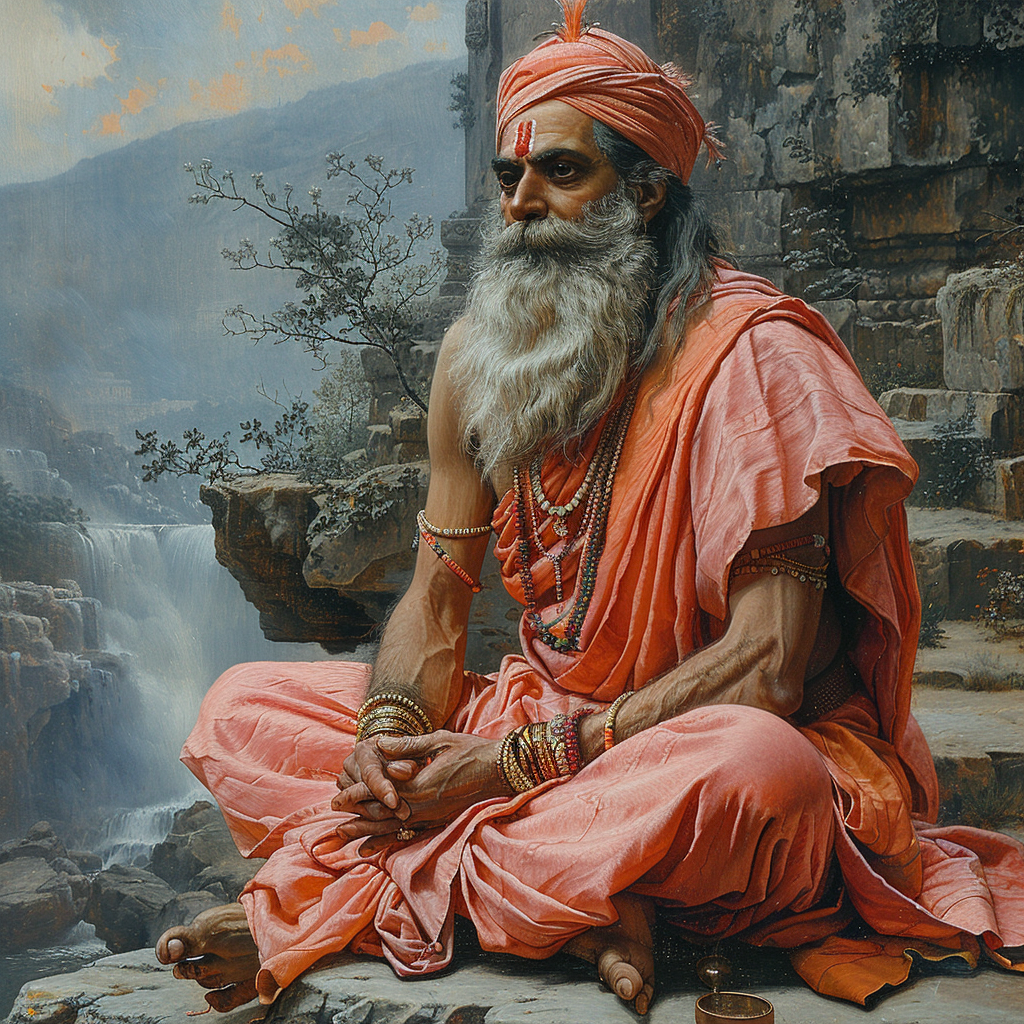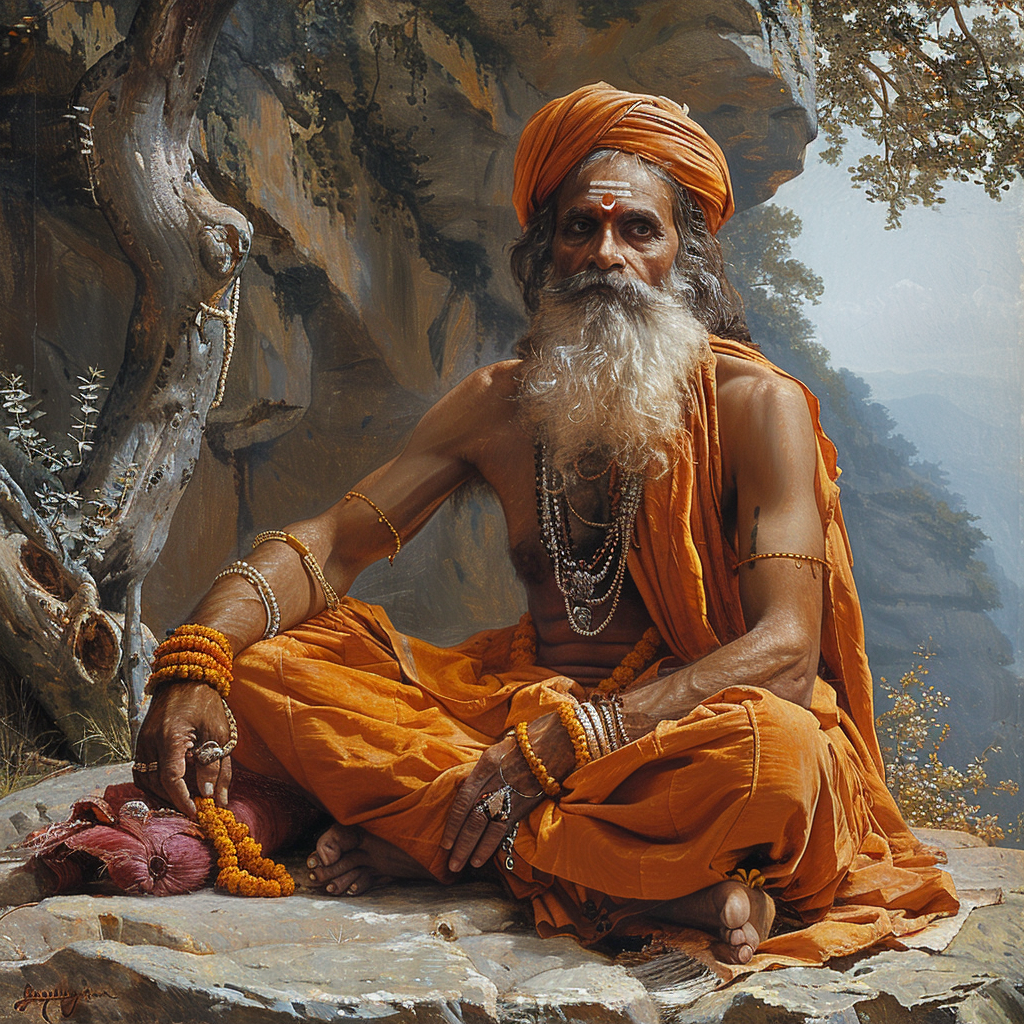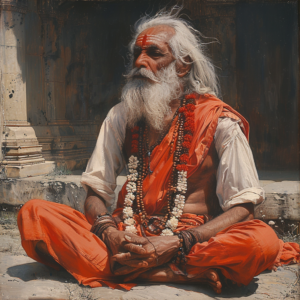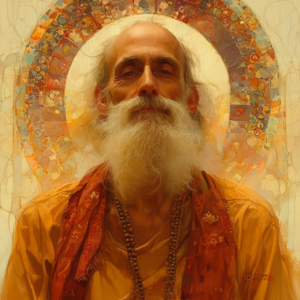Introduction
Baghwan is a holistic concept referring to something beyond traditional religious teaching and the organized religion. It encompasses all living things, and all of creation around us. Baghwan is associated with certain spiritual pathways, such as Hinduism or Buddhism, which place special emphasis on the sacred balance between humans and nature as well as the importance of respecting other life forms. Baghwan also provides an understanding that humanity is part of a much larger universe, where each individual shares in some fundamental truth that can provide ultimate peace, joy and acceptance in their own lives.
Fundamental to this concept is the understanding that we are inseparable from nature. All of life–earthly, celestial and unseen–is intimately connected in a way few people recognize. Recognizing this connection helps us to develop our inner awareness about our relationship to the natural world and teaches us responsibility for preserving it through sustainable living practices and respect for its delicate balance.
Another key element in Baghwan philosophy is love – unconditional love for everything around us. Love for humanity and all other creatures is essential to fully embody this spiritual path; enabling individuals to connect deeply with themselves while generating energy necessary for healing and transformation in their lives through peaceful interaction with one another.
Ultimately it comes down to understanding ourselves within the framework of life’s interconnectedness – how our daily choices affect both our immediate environment as well as distant parts of the planet – thus realizing our true identity within these streams that ultimately lead us towards an ultimate purpose of enlightenment on earth.

Origins
Baghwan was an Indian spiritual teacher who created his own philosophy of Rajneeshism and founded the religious movement known as the Osho Movement. He was born Chandra Mohan Jain in 1931 in Central India. He studied ancient Hindu scriptures and Sanskrit manuscripts and combined this knowledge with his personal insights to form his own school of thought, which he called Rajneeshism. Baghwan was a follower of neo-Hindu beliefs and emphasized living authentically from the heart instead of relying on social constructs and societal norms. He advocated for free love, nonconformity, critical thinking, self-growth, freedom from rules and restrictions, acceptance of biological life cycles and death, drug experimentation, meditative practice that allowed personal exploration within one’s own consciousness, and shared responsibility for one’s actions. His teachings were embraced by millions all around the world who sought spiritual fulfillment in their lives. In the 1980s he established an intentional community in Oregon where large groups gathered to practice his teachings on meditation and relaxation. Baghwan eventually died in 1990 leaving behind a global community that pays homage to his memory with multicultural festivals every year.
Followers
Baghwan Shree Rajneesh, also known as Osho, was an Indian spiritually master and leader in the 1960s to 1990s. He was most famous for his teachings on neo-sannyas, a philosophy of self-development. His followers held him in high regard and believed that he could lead them to an enlightened state.
Baghwan’s followers tended to come from all different backgrounds, with many from alternative or countercultural backgrounds. They had strong beliefs centered around having greater self awareness and freedom while recognizing a higher power in their lives. Baghwan’s followers focused on meditation and mystic experiences such as satori, transcendence, yoga and tantra as ways to improve their spiritual development. They also followed various communal practices such as taking sannyas initiation that allowed them access to knowledge about their higher selves and developing more meaningful connections with others
Modern movements inspired by Baghwan Shree Rajneesh include Neo-Yogiism, which believes the essence of life is spiritual growth not material wealth which paves the path towards conscious living. Organizations like Friends of Osho were formed in order to create a platform for his physical legacy through lectures, books and video recordings from his teachings during his lifetime. Notable figures within the modern movement include Shunyo who gives lessons on meditation in San Jose California along with Susan Smith Washington who leads schools focusing on mindful presence using Baghwaan’s teachings are some notable names today connected with the modern day Baghwan movement..
Impact
Baghwan was an influential spiritual teacher and leader in India during the 20th century. His teachings combined elements of meditation, yoga, and philosophy with traditional Indian religion such as Hinduism, Buddhism, and Jainism. During his reign as leader of the Rajneesh movement, Baghwan had an immense influence on India’s culture, education, art and literature, and politics.
Baghwan was known for teaching his followers to be independent thinkers and to look inward for answers to their questions in life. He encouraged them to break away from traditional social norms and instead embrace freedom of expression. Influenced by his teachings, many students began to question the government’s policy on education reform and push for greater educational opportunities throughout India. This ultimately led to a shift in attitude towards studying among young people throughout the nation.
In addition to being a spiritual guide, Baghwan also had an impact on India’s literature and art scenes during his lifetime. He wrote numerous books containing his own interpretations of philosophical concepts such as enlightenment and liberation which were widely read by Indian intellectuals at the time. Furthermore, he helped encourage popular painters of the era by commissioning several artworks based on his own personal understanding of religious wisdom.
Lastly, Baghwan’s influence extended into politics as well where he viewed himself as a great challenger who could help bring about positive change in a country that was ridden with corruption at various levels of government. Despite having no formal political power himself, he organized events throughout India where locals gathered together along with some of India’s most influential politicians to discuss strategies for creating more effective economic policies within the country. These conversations eventually became part of the debates which would shape decision-making processes within local communities throughout India even after Baghwan’s passing in 1990.

Controversy
Baghwan, born Rajneesh Chandra Mohan, was an Indian philosopher and spiritual leader who founded the controversial Rajneesh movement. Followers of Baghwan believed his teachings provided a pathway to enlightenment which fulfilled physical, mental and spiritual needs. While many people around the world believe in Baghwan’s philosophy, others have criticized it due to its emphasis on materialism, individualism and sexual freedom.
In addition to philosophical criticism, there have been accusations of improprieties against Baghwan himself. In 1981 he was convicted of income tax evasion; he had illegally concealed millions of dollars in Swiss bank accounts. His Osho International Foundation was also accused of illegally buying guns and facilitating immigration fraud in order to increase the number of his devotees living at his commune in Oregon. Furthermore, authorities allege that members of the Rajneesh movement committed bioterrorism by spreading salmonella bacteria in local restaurants and grocery stores with intent to disrupt a local election.
Summary
Baghwan, also known as Osho, was an Indian mystic and guru who was famous for his philosophical teachings and public lectures. His ideas drew heavily from Eastern traditions such as Buddhism, Sufism, Taoism, Vedanta and Yoga, while touching on elements of Western psychology. He focused on self-realization and inner transformation through meditation practice. Baghwan’s philosophy emphasized personal freedom over ideological or religious norms, controversially suggesting that only through liberation from the constraints of society could one gain access to enlightenment. His legacy left a lasting impression on international spiritual discourse with his works still studied by millions around the world today. Baghwan’s fundamental tenet remains true: to reach a higher level of consciousness and true peace within oneself requires a willingness to let go of societal conventions and to relate more deeply with one’s own inner spiritual path.



